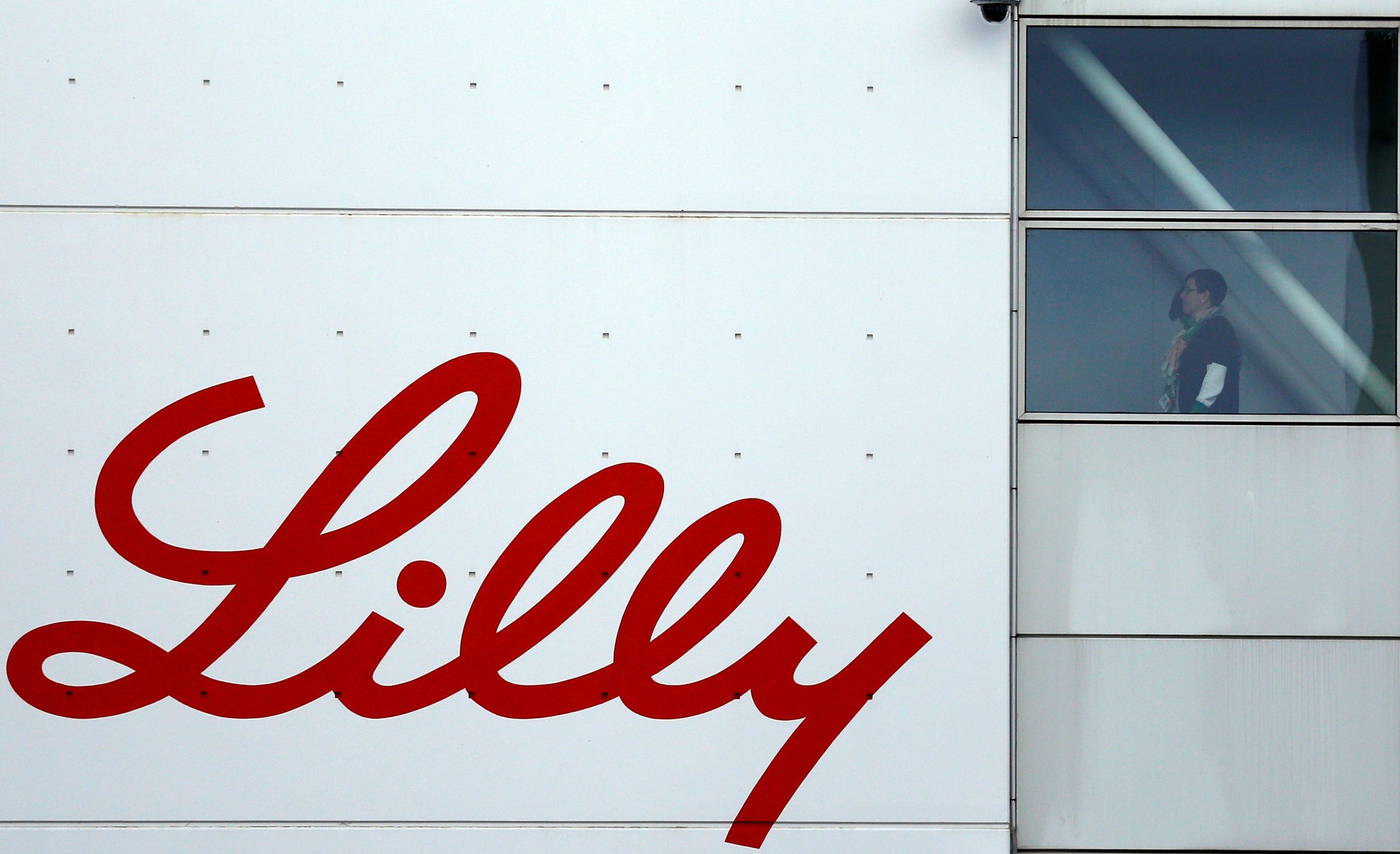
Reuters
- Eli Lilly, the US drugmaker, said it is partnering with the Bill & Melinda Gates Foundation to supply its COVID-19 antibody therapy to low- and middle-income countries.
- The announcement came moments before US President Donald Trump said he would approve Eli Lilly’s antibody treatment, which he received in hospital, in the US.
- Eli Lilly is seeking an emergency use authorization from the Food and Drug Administration (FDA).
- The company said that it would aim to distribute the therapy to low-income countries before April 2021, depending on when the drug was approved in different nations.
- Visit Business Insider’s homepage for more stories.
Drugmaker Eli Lilly has announced that it has partnered with the Bill & Melinda Gates Foundation to supply its COVID-19 antibody therapy to low- and middle-income countries.
The agreement is part of the foundation’s COVID-19 Therapeutics Accelerator, an initiative launched by the Gates Foundation, Mastercard, and Wellcome to accelerate the development of and access to treatment of coronavirus.
Eli Lilly said that commercial manufacturing of its treatment will commence in April 2021 in Denmark. Lilly also said it will make some of its antibody therapy available to lower-income countries before then, depending on when its treatment is authorized in different nations. Any drugs provided earlier than 2021 would be made outside of Denmark, it said in a statement released on Thursday morning.
The announcement came moments before US President Donald Trump said he would approve Eli Lilly’s antibody treatment in the US. The drug company has submitted an emergency use authorization application to the Food and Drug Administration (FDA).
President Donald Trump received the treatment, along with others, while in hospital with COVID-19.
Mark Suzman, CEO of the Bill & Melinda Gates Foundation said: "To help end the COVID-19 pandemic it is vital that people, no matter where they live or their ability to pay, can access effective therapeutics."
Coronavirus has killed more than one million people worldwide, and cases of the infection, which currently stand at more than 36.2 million, are resurging in certain parts of the world, including Europe and the US.
